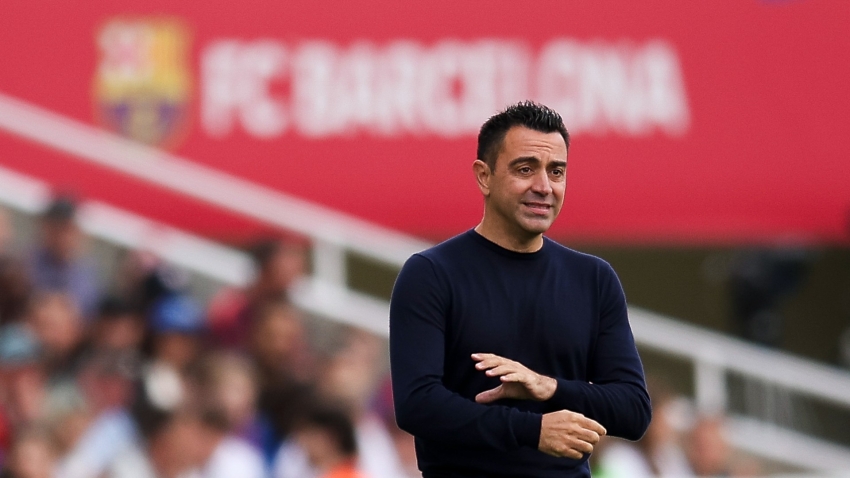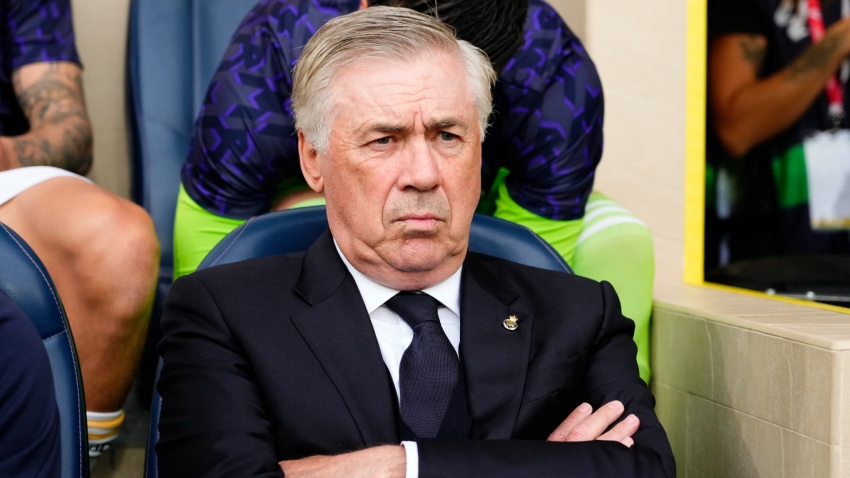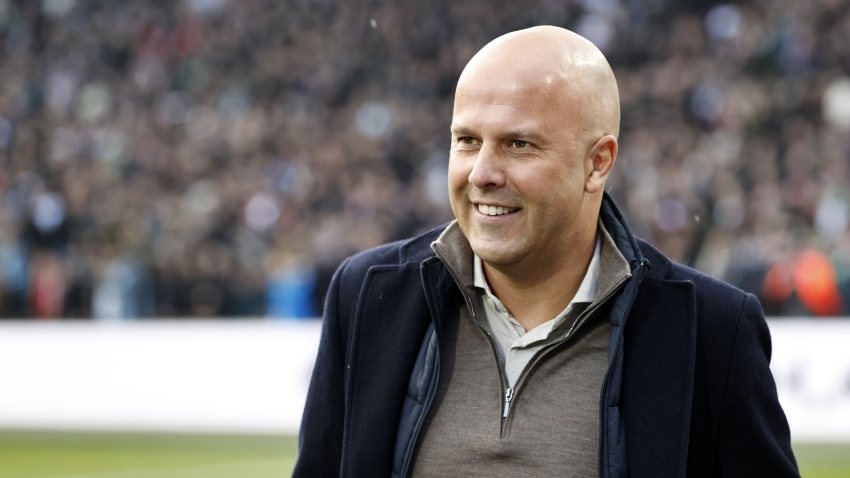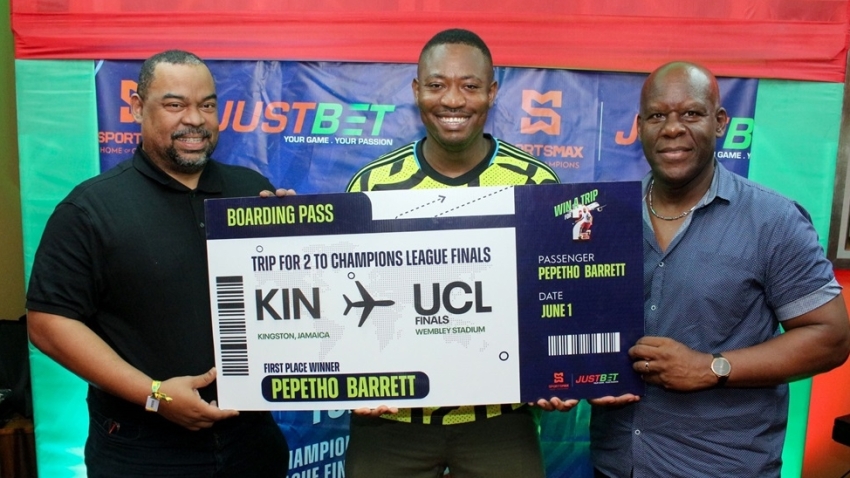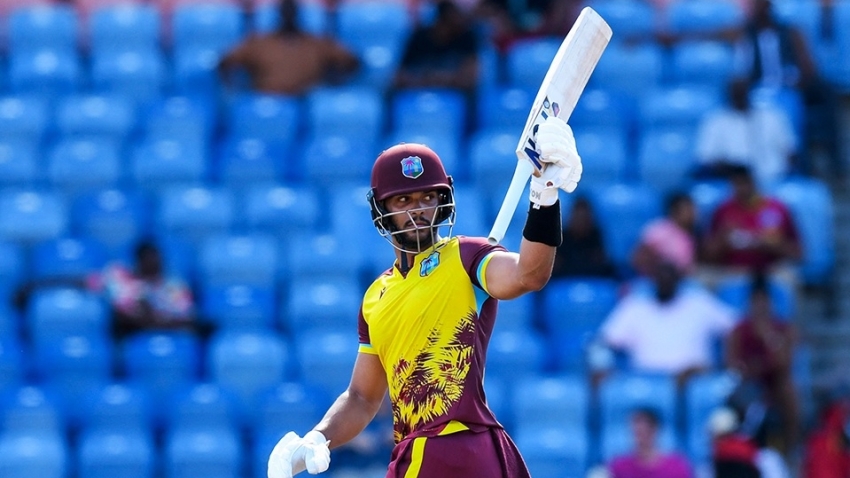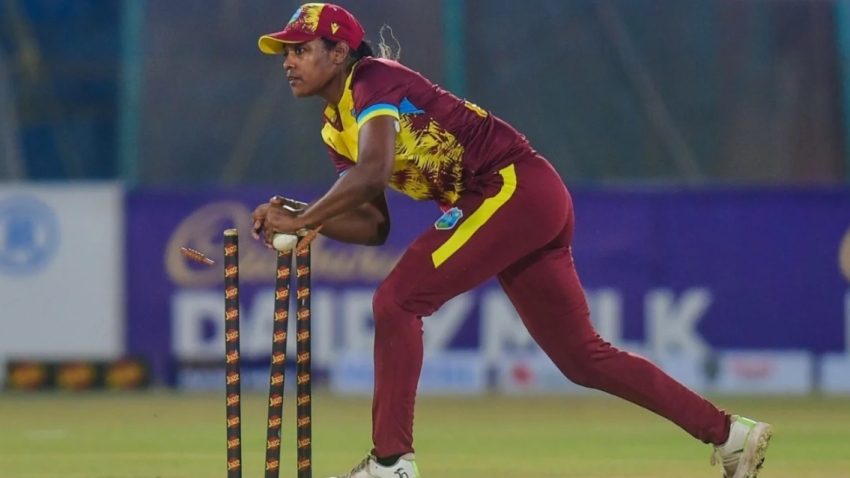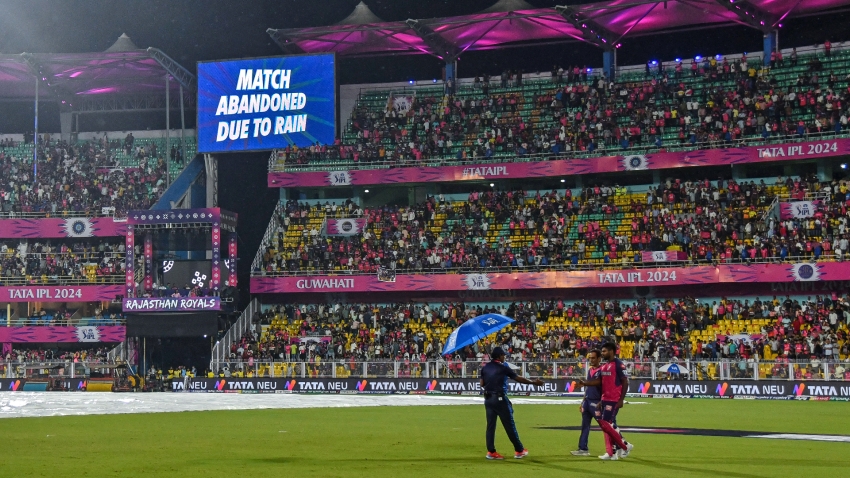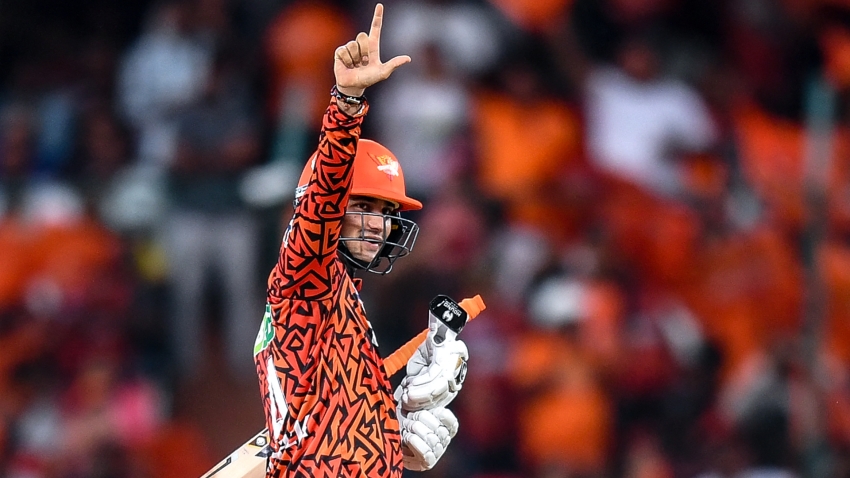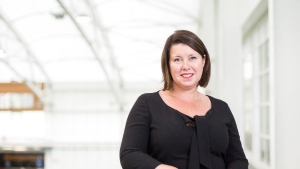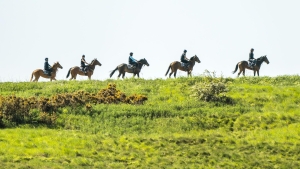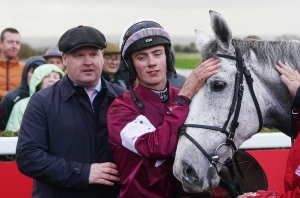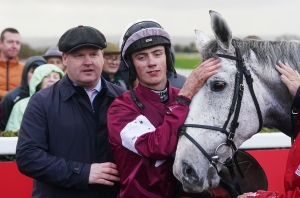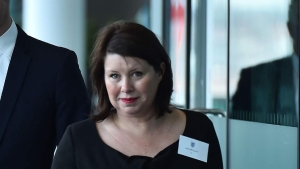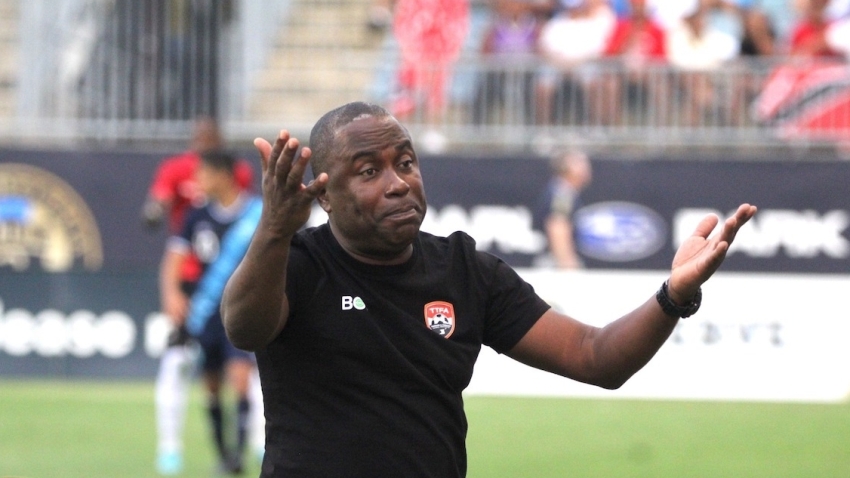The British Horseracing Authority is working to substantiate warnings that the government’s proposed affordability checks will drive bettors to an unlicensed black market.
The review to the Gambling Act has focused on problem gamblers and thus the concept of financial checks for those regularly betting, whether to a damaging extent or not, has been under discussion during the white paper stage.
As racing is inherently linked to the gambling industry these limitations are likely to have damaging consequences for the sport, and grave concerns have been aired by a number of leading figures over the potential fallout.
One projected consequence is that the horse racing bettor will turn to unlicensed and unregulated gambling firms if betting via established operators becomes unavailable to them. A number of owners have already spoken out over what they say are obtrusive checks, saying they will walk away or dramatically cut their interests.
The BHA is highlighting this to the government and the Gambling Commission as the nature of the reviewed Gambling Act takes shape, with a significant survey undertaken to illustrate the risk.
Julie Harrington, chief executive of the BHA, addressed the matter on a press call about the 2024 fixture list, saying: “There’s is a huge amount of uncertainty created by the the review of the Gambling Act and the white paper. If the financial risked-based checks are frictionless, as we we hope they will be but everybody is rightly concerned, I think being in control of our destiny and in control of what we can is important in this environment.
“There is a huge amount of work that has gone on globally and a lot of work already published in the public domain by the Asian Racing Foundation about the factual existence of a black market and the sort of volumes that are going through. It’s well-funded academic research and of course we’ve shared that with colleagues at the Gambling Commission.
“We do believe that there are punters going to the black market, there is research that shows it. We’ve done our own surveys with punters, it’s really good to gather evidence to show both the government and the Gambling Commission about our own customers, our regular, engaged racing fans who read racing publications, what are they telling us? How many of them are telling us they have been approached by operators? How many of them are saying they’ve followed up on that approach?
“What we’ve been doing is work behind the scenes to make sure that can be substantiated. Anecdotally, we have worked with a lot of owners and they have allowed us to share their case studies of being approached by operators – whether that’s grey market, they’re not UK-licensed operators, or black market – offering them terms to get a bet on.
“For us to give named major owners to the Gambling Commission as evidence to say ‘don’t just take our word for it, here are people who are being directly approached and enticed to get a bet on’.”
Harrington also stressed the importance of making sure the government acknowledged a distinction between skill-based betting, such as on sport, and on games of chance in casinos or the virtual equivalent.
In addition to that, Harrington spoke of the need for an understanding of the reality of the affordability checks – which the government insists will be “frictionless” and “unobtrusive” for the vast majority – as bookmakers may currently be overzealous in their restrictions out of undue caution.
“Within the white paper the government does acknowledge the difference between a horse racing bettor and a casino bettor. This is absolutely different in that it’s a game of skill versus chance, speed of play, all of those measures,” she said.
“We just tell them, tell them and tell them again, the difference, the potential impact. We know they’re listening, we know in every speech that is made, the Select Committee hearings, all the right things are said in terms of ‘we don’t want to damage horse racing, this is an important cultural asset’.
“What we need is interventions and as the Gambling Commission brings the consultation to a close, we need the frictionless financial risk-based checks to be out there and being tested.
“Rather than at the moment, there is the suspicion that operators are acting in a more draconian fashion ahead of those measures, because until they’ve got visibility of them and they’re being tested they are going to do that because they are scared of a heavy fine.”






